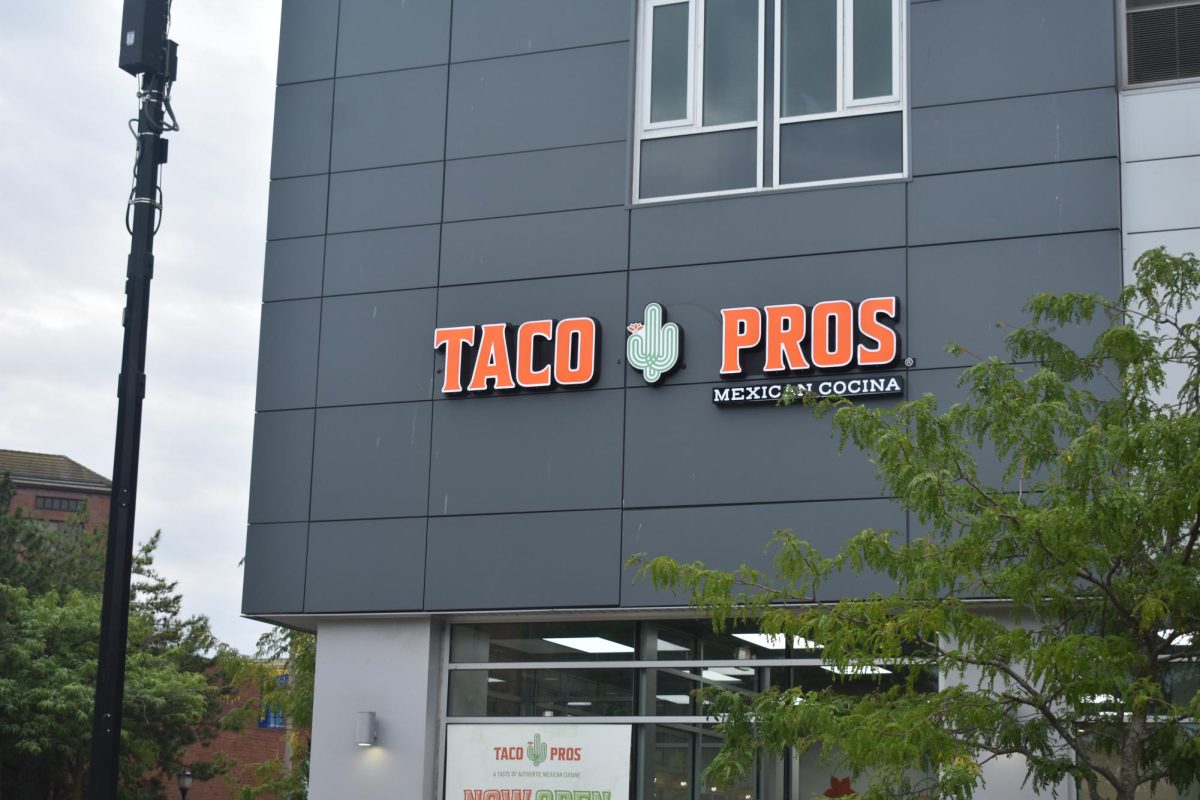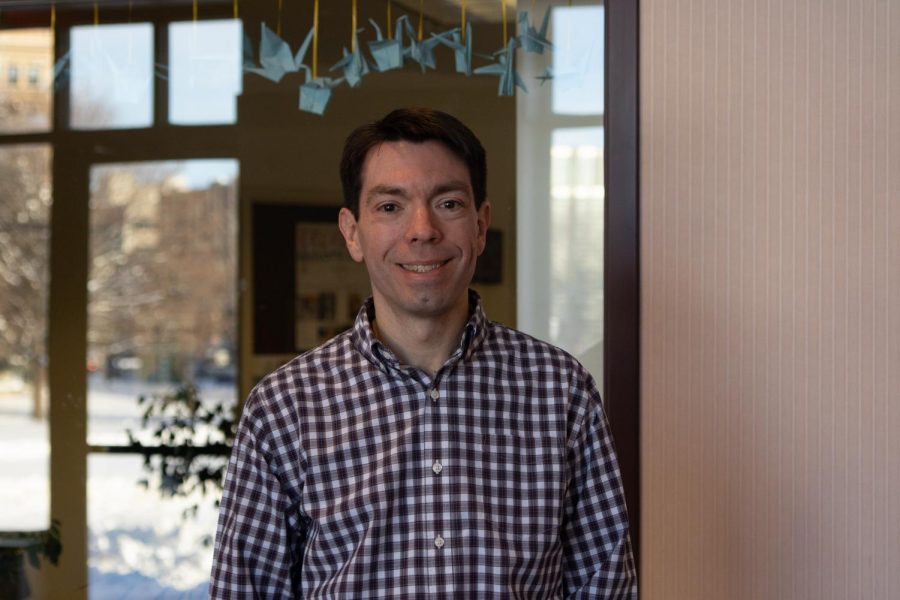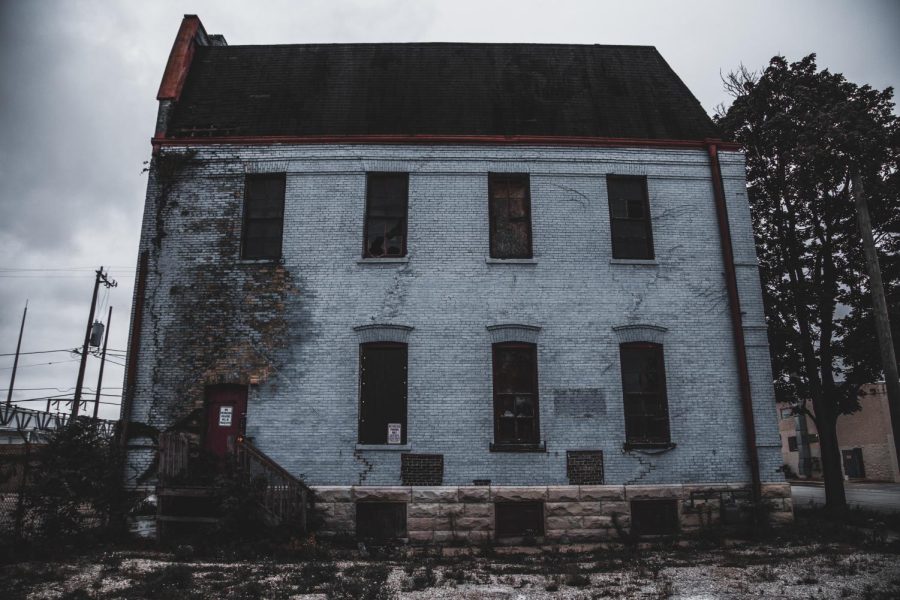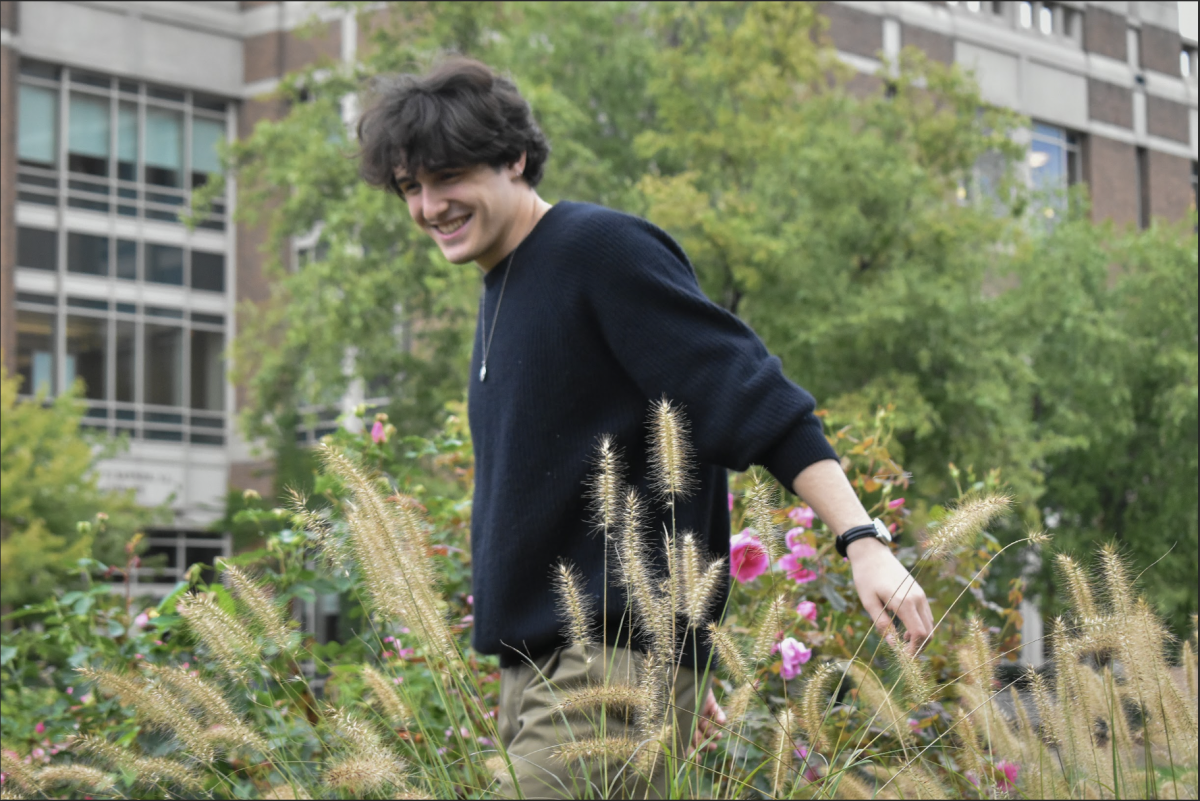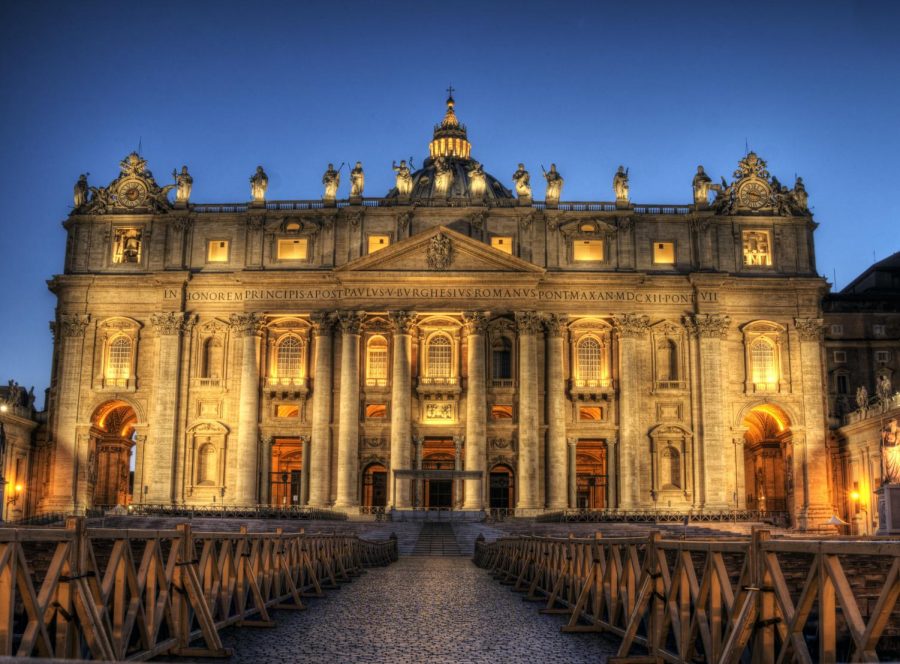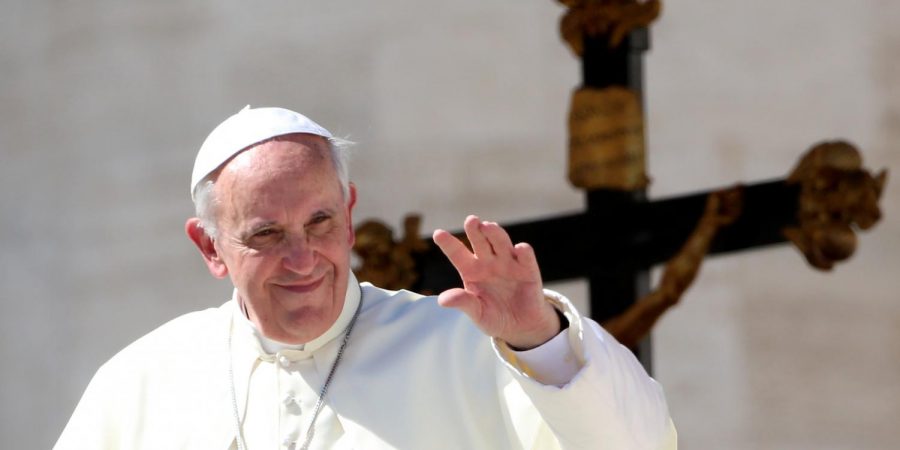Though Marquette is a Jesuit institution, which practices and teaches in the lens of Catholicism, I believe it must welcome the diverse range of religious practices, beliefs and understandings of God that belong to each and every one of its students, including atheists.
With Marquette being in a very diverse yet segregated city and welcoming students from all over the United States and world, the university offers a wide range of diverse backgrounds, religious practices, and different relationships with faith.
According to the Office of Institutional Research and Analysis, roughly 59% of 2017 undergraduate first-year students expressed that their beliefs align with Catholicism. This shows that Catholicism, although extremely prevalent among Marquette students, is not a universally held religion throughout campus.
Thus it is important to call out the Catholic superiority complex that often plagues this university and goes against some of the university’s values, goals and mission. Guiding values of Marquette’s Mission Statement include to “nurture an inclusive, diverse community that fosters new opportunities, partnerships, collaboration and vigorous yet respectful debate.”
Religious actions and words should not attack nor target individuals who do not practice Catholicism or a Christian faith. People should feel isolated or excluded because they think, believe or act differently than the status quo. At an institution that praises and preaches Catholicism, other religions and beliefs are not welcomed the same way Catholicism is.
Faith should never be used as a weapon and should be used to lift people up, not to scare and tear people down. It should never be used as a way to convert people with different beliefs.
Not everyone believes in Jesus or God. That is okay. This is America, a nation that prides itself on freedom in every scenario, every institution and every city. Attempting to force religion, faith and spirituality onto a person is not freedom at all.
In some theology classes, when individuals present ideas that are different from Catholic principles, heads turn, often with judgemental and perplexed faces. When an individual who supports rights of groups that traditionally go against Catholic beliefs — such as LGBTQ and pro-choice — people become uncomfortable and use their faith to further exclude them.
At an institution where crosses hang in almost every classroom, faith is tied into every subject matter and Catholicism is extremely prominent, it must be a goal for the university and its students to create an environment that is inclusive to all faiths and backgrounds outside of its own.
Current theology courses at Marquette should focus on spirituality and each person’s individual relationship with faith, rather than strictly enforcing Catholicism. The best conversations and experiences in learning stem from different viewpoints and different experiences. Thus, theology classes should embrace and appreciate diverse religious backgrounds and celebrate religious freedom at Marquette. Moreover, Marquette should offer a greater variety of theology courses; courses that challenge each and every student to think, learn and grow in their own personal faith life.
Marquette urges and hopes for its students “to be human beings for and with others.” “Others” does not mean only the people with similar beliefs and values, but rather people who are different from you, including those who have a strained relationship with Catholicism, those who practice a different religion and those who do not believe in a God.
Opportunities and spaces for people who practice other religions must be made available. Support programs and counseling for individuals who feel discriminated against because of the Catholic faith are a necessity.
Marquette as an institution must put greater effort into welcoming and allowing its students to practice freedom of religion and freedom of speech, both in the classrooms and on campus.
This story was written by Max Pickart. He can be reached at max.pickart@marquette.edu.



